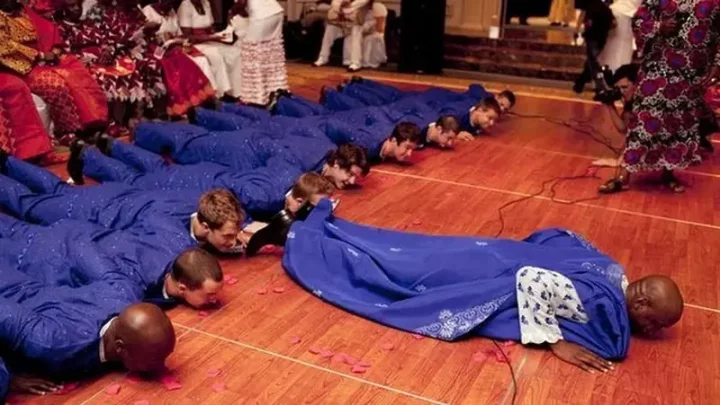
Nigeria is a beautiful country with a rich cultural heritage. This is also reflected in the wide variety of traditions practiced throughout the country, including some rather unique wedding customs.
Here are five marriage traditions that might seem a little strange to outsiders:
5 Nigerian marriage traditions that you may find strange
The Fulani Sharo Tradition
Among the Fulani people in northern Nigeria, there's a pre-wedding ceremony where the groom is publicly whipped. This is seen as a test of his courage and resilience before taking on the responsibility of marriage. While it may seem harsh, the whipping is usually symbolic and not meant to inflict serious pain.
The No-Smiling Bride
From the moment she walks out, the Ijaw bride is expected not to smile until she has been sprayed with plenty of money by her husband. This is a playful tradition that is meant to bring good luck and prosperity to the couple.
The Price of Love
The bride price tradition is a common practice in many Nigerian cultures. The groom's family negotiates a payment with the bride's family, which can include money, livestock, and other goods. This is seen as a way to compensate the bride's family for the loss of their daughter and to ensure that the groom is financially capable of supporting a wife. The bride price can be quite substantial, and it can take years for a family to save up enough money to marry off their daughters.
Prostration for Respect
Prostrating, known as dobale, holds immense significance among the Yoruba people, who place great emphasis on showing reverence to their elders. Consequently, during a traditional wedding ceremony, it is customary for the groom and his groomsmen to demonstrate their respect by lying flat or prostrating at the feet of the bride's family. The groom is expected to perform this act of homage four times before the conclusion of the ceremony.
The List
In Igbo culture, the negotiation of dowry, also known as bride price, involves more than just a monetary exchange. It encompasses a lengthy list of items essential for the marriage rites, alongside the negotiation of a specific sum of money, typically not exorbitant. However, in certain regions of Igboland, this list can be subject to exaggeration, with villagers and kinsmen eagerly anticipating marriages as an opportunity for financial gain. The contents of the list can vary in both length and value, influenced by factors such as the wealth of the prospective family and the proximity of the spouses' origins-whether from the same village, state, or country. This negotiation process reflects the cultural significance attached to marriage within Igbo communities, where tradition and practical considerations intertwine in the exchange of goods and monetary offerings.

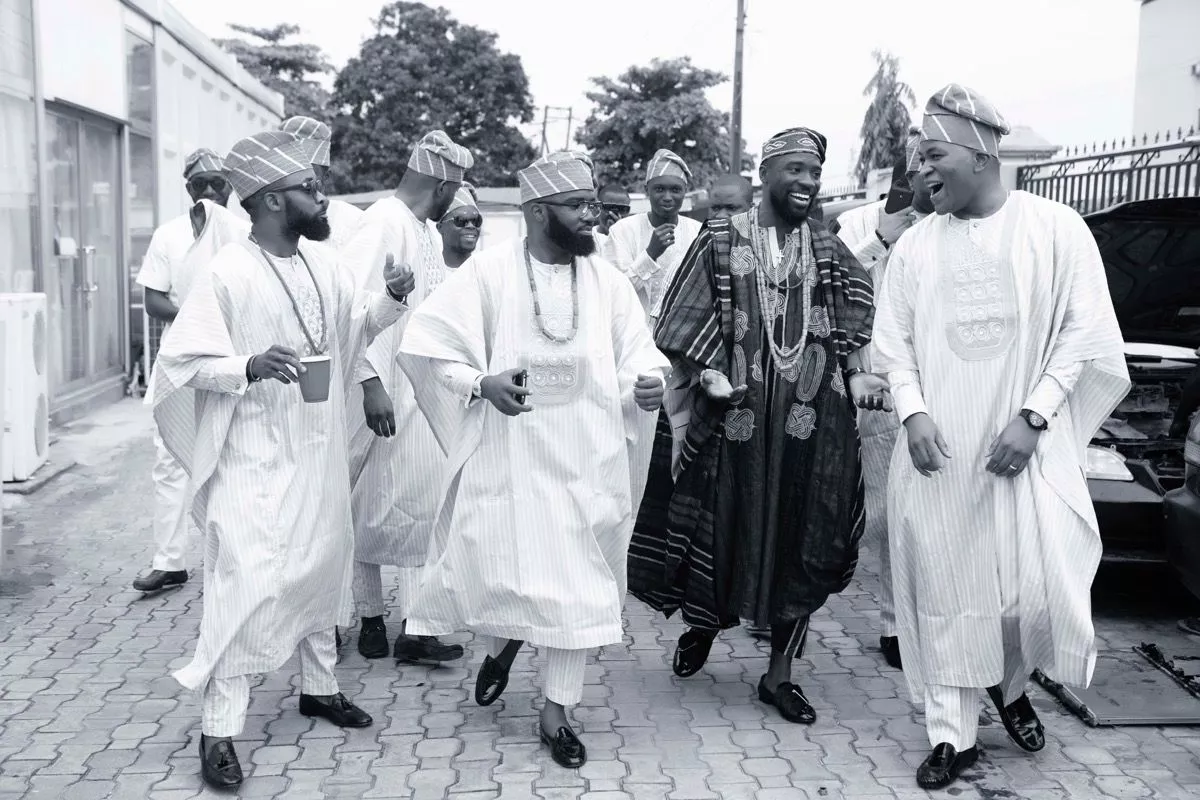
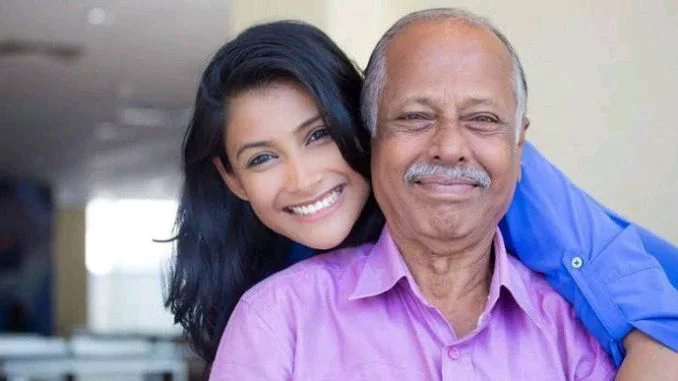
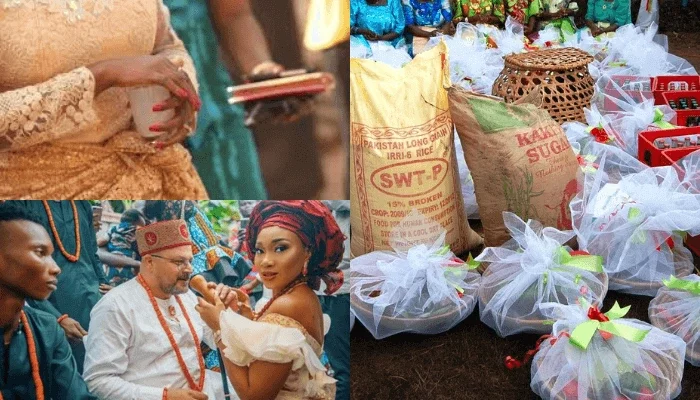
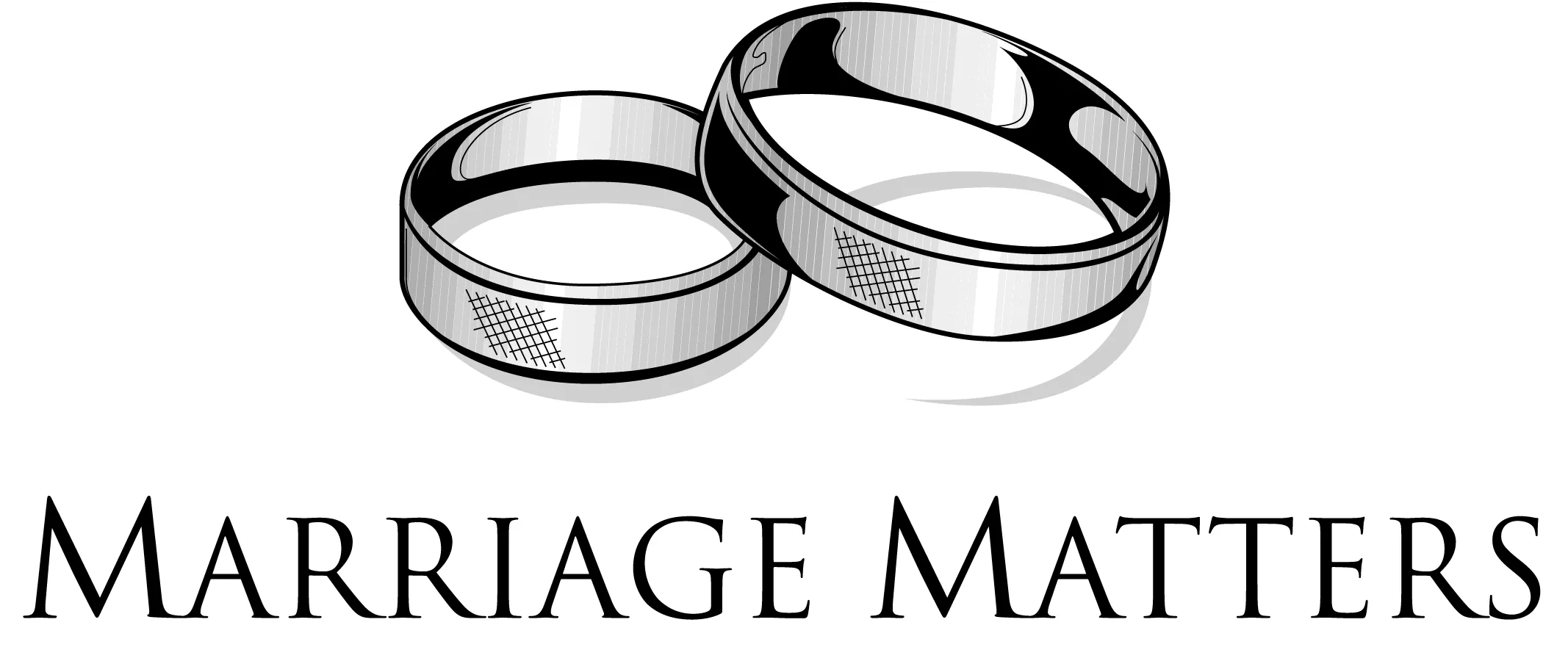
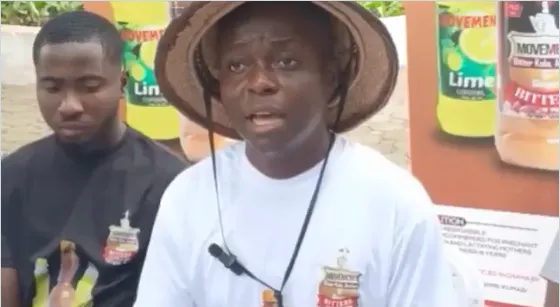
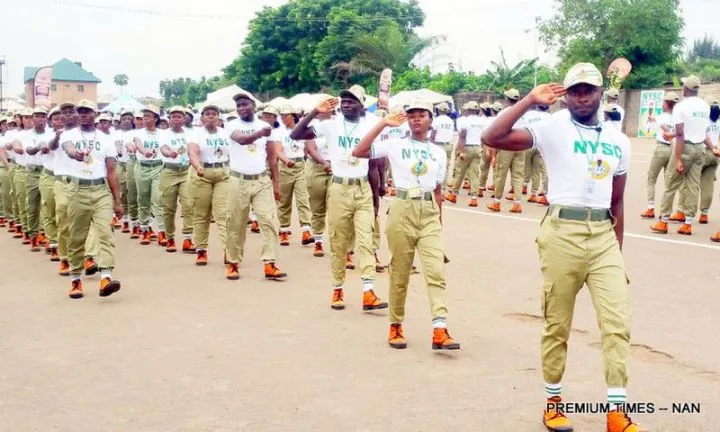

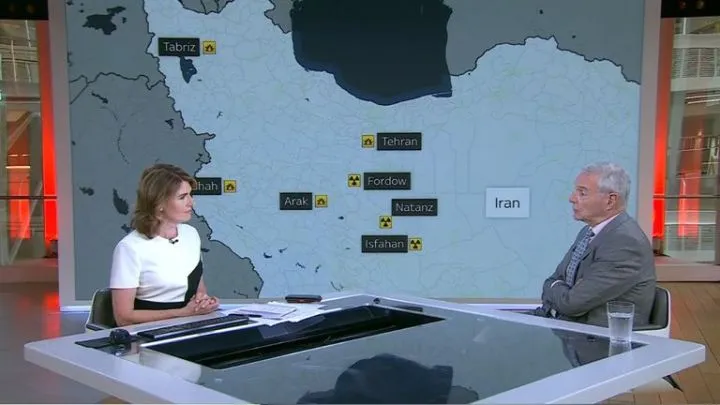
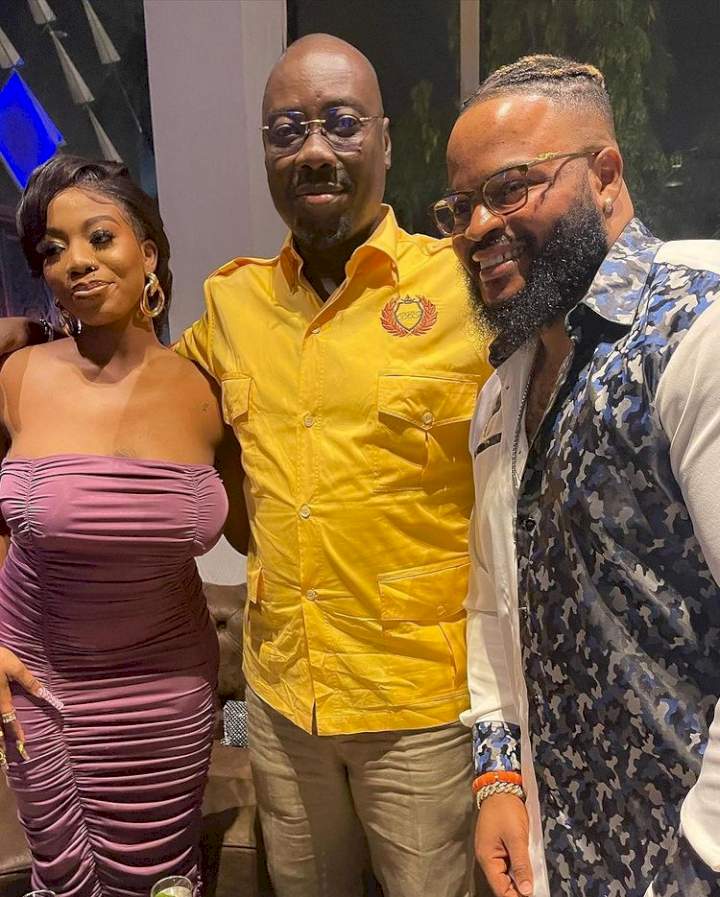



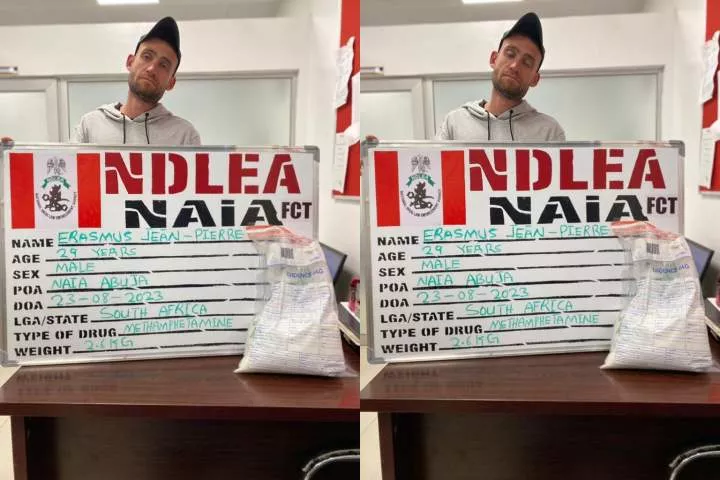
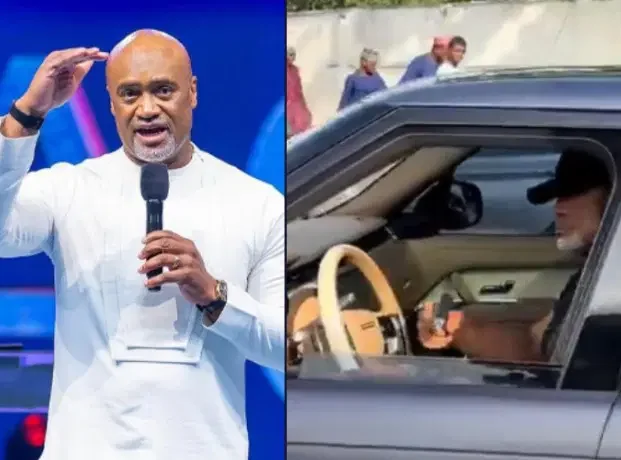


Comments